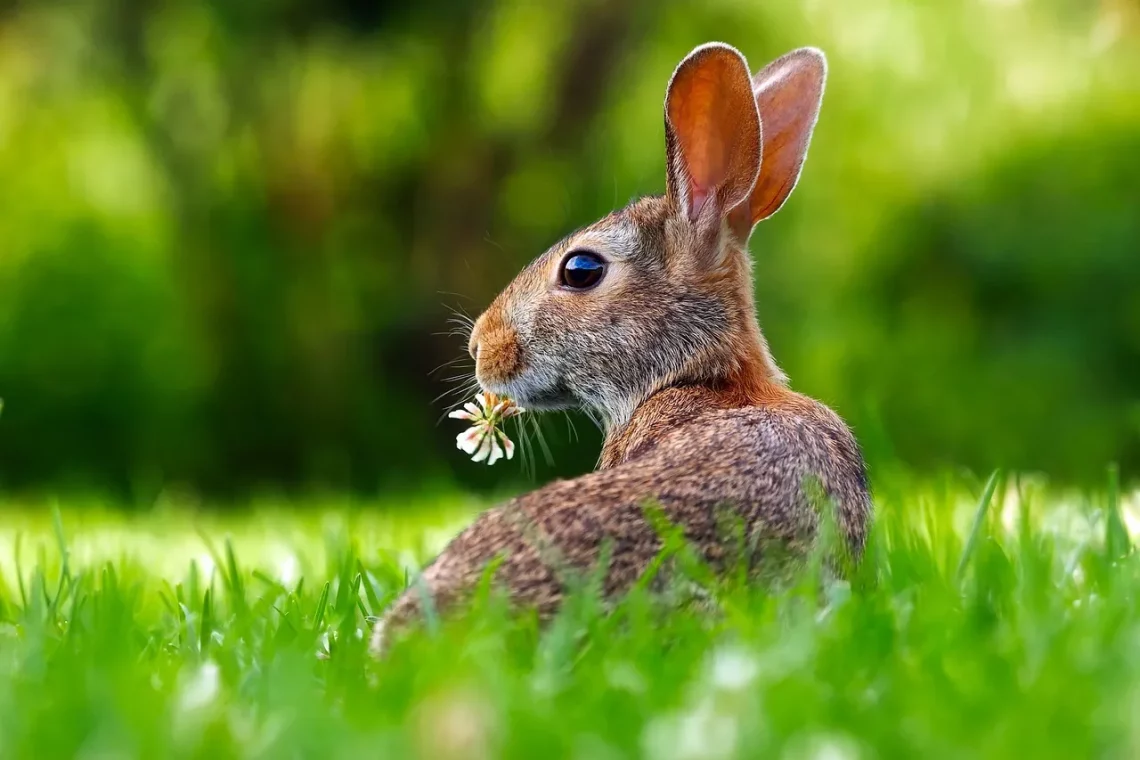
English Angora Rabbits for Sale: Find Your Perfect Fluffy Companion
English Angora rabbits are among the most enchanting small pets you can find, known for their luxurious fur and gentle demeanor. As one of the oldest domestic rabbit breeds, they have captivated pet lovers and breeders alike with their captivating appearance and affectionate nature. These fluffy companions have a storied history, originally bred for their wool, which is highly prized for its softness and warmth. Today, they not only serve as sources of fiber but also as cherished family pets, bringing joy and companionship to households around the world.
The allure of English Angora rabbits goes beyond their stunning looks; they possess a unique charm that makes them suitable for various lifestyles. Whether you live in a cozy apartment or a spacious home with a yard, these rabbits can adapt to your living environment, provided they receive the proper care and attention. Understanding their needs, temperament, and grooming requirements is essential for anyone considering bringing one of these adorable creatures into their life. With their playful personalities and gentle nature, English Angora rabbits make excellent companions for children and adults alike, fostering a bond that can last a lifetime.
Understanding the Unique Characteristics of English Angora Rabbits
English Angora rabbits are distinguished not only by their luxurious coat but also by their unique physical and behavioral traits. Weighing between 5 to 7.5 pounds, they are medium-sized rabbits with a compact body. Their most striking feature, of course, is their long, soft fur, which can range in color from white to various shades of gray, brown, and even black. This fluffy coat requires regular grooming to prevent matting and to keep it looking its best.
In terms of temperament, English Angora rabbits are known for their calm and friendly nature. They are generally sociable animals that enjoy interacting with their human companions. This breed is often curious and can be quite playful, making playtime an essential part of their routine. They thrive on social interaction and can develop strong bonds with their owners, often following them around the house or seeking attention during quiet moments.
Another characteristic that sets English Angora rabbits apart is their intelligence. They are quick learners and can be trained to perform simple tricks or even use a litter box. This intelligence, combined with their affectionate nature, makes them an ideal pet for families or individuals who can dedicate time to their care and companionship.
However, it’s essential to note that these rabbits can be sensitive to loud noises and sudden movements. They thrive in calm environments and can become stressed if their surroundings are chaotic. Providing a safe and quiet space for your Angora rabbit is crucial for their well-being.
The Essential Care Requirements for English Angora Rabbits
Caring for an English Angora rabbit involves several key components that ensure their health and happiness. First and foremost is their grooming needs. Due to their long, thick fur, English Angoras require regular grooming—ideally several times a week. This not only helps prevent matting but also reduces the risk of health issues like fur ingestion, which can lead to gastrointestinal blockages. A good brush specifically designed for rabbits will help keep their coat in top condition and allow you to bond with your pet during grooming sessions.
In addition to grooming, diet plays a crucial role in the overall health of your Angora rabbit. A balanced diet should consist mainly of hay, which is essential for their digestive health. Fresh vegetables and a small number of pellets can also be included in their diet. It’s important to avoid feeding them too many sugary treats or starchy foods, as these can lead to obesity and other health issues.
Exercise is another vital aspect of an Angora rabbit’s care. These rabbits need space to hop around and explore, so providing a safe, enclosed area for them to play is essential. Regular exercise helps prevent obesity and keeps their muscles strong. If possible, allowing them supervised time outside can provide mental stimulation and an opportunity to explore different environments.
Health monitoring is also critical. Regular check-ups with a veterinarian familiar with rabbits can help ensure your pet remains healthy. Keep an eye out for any signs of illness, such as changes in behavior, appetite, or litter box habits, and consult a vet if you notice anything unusual.
Finding the Right English Angora Rabbit for Your Home
When searching for an English Angora rabbit, it’s important to consider various factors to ensure you find the perfect match for your home. First, consider adopting from a shelter or rescue organization. Many rabbits in need of homes are available, and adopting is a compassionate choice that gives a rabbit a second chance at a loving home.
If you prefer to purchase from a breeder, ensure they are reputable and prioritize the health and well-being of their rabbits. A responsible breeder will provide a clean environment, proper care for their animals, and be transparent about their breeding practices. Additionally, they should be willing to answer your questions about the rabbit’s lineage, health history, and temperament.
Before making a decision, consider the age of the rabbit. Young rabbits may require more training and socialization, while older rabbits might already have established personalities and behaviors. Think about your lifestyle and how much time you can dedicate to a new pet. A young rabbit may be more energetic and require more interaction, while an older one might be more laid-back.
It’s also essential to prepare your home for the arrival of your new furry friend. Make sure you have the necessary supplies, including a suitable cage, bedding, food, water bottles, and toys. Establish a safe space where your rabbit can feel secure and comfortable.
Lastly, take your time in the selection process. Building a bond with your Angora rabbit can take time, but with patience and love, you’ll find that they become an irreplaceable part of your family.
Common Health Concerns for English Angora Rabbits
Like all pets, English Angora rabbits can be susceptible to certain health issues. Being aware of these potential concerns can help you provide better care and ensure your rabbit lives a long, healthy life. One common issue is dental disease. Angora rabbits, like other breeds, have continuously growing teeth that need to be properly managed. Providing appropriate chew toys and a diet rich in hay can help maintain their dental health.
Another health concern is gastrointestinal stasis, a condition where the digestive system slows down or stops. This can be caused by a variety of factors, including stress, changes in diet, or lack of exercise. Symptoms to watch for include a decrease in appetite, lethargy, or not producing fecal pellets. If you notice these signs, it is crucial to consult a veterinarian promptly.
Additionally, English Angora rabbits are prone to fur matting, particularly around their hindquarters. Regular grooming can help prevent this issue, as matting can lead to skin irritations or infections.
Lastly, ensure your rabbit is up to date on vaccinations and parasite control. Regular veterinary check-ups can help catch any potential health issues early, allowing for timely treatment.
In conclusion, while English Angora rabbits can present unique care challenges, they also offer immense joy and companionship. By understanding their specific needs, you can create an environment where they thrive, ensuring a fulfilling relationship for both you and your fluffy friend.
**Disclaimer:** This article is for informational purposes only and does not constitute medical advice. For any health concerns regarding your rabbit, please consult a qualified veterinarian.




